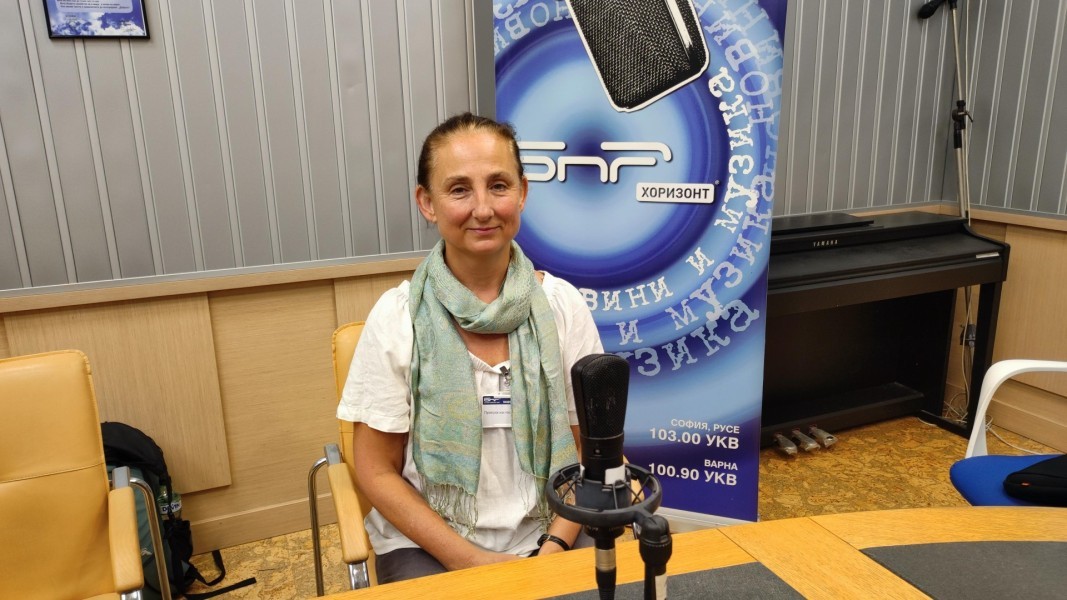
Based on an interview of Irina Nedeva from BNR's Horizon channel
Edited by Vessela Krasteva
Published by Rositsa Petkova
After the state-run record company Balkanton was closed down in 1994, no gramophone records have been manufactured in Bulgaria. This is going to change in 2025, when the first vinyl factory in the country will open. It will be the only such factory..
"Thank you to Petar Angelov, Michaela Velichkova, Sonia Chakarova and all the members of the representative folklore ensemble Shevitsa for the wonderful performance they gave to the people of Tsaribrod on the occasion of the upcoming holidays," wrote..
The Natalia Simeonova Foundation has filed documents for registration of a community center that will be named after the legend of Bulgarian rock music Kiril Marichkov . This was announced to the Bulgarian National Radio by the former host of one of the..
The Natalia Simeonova Foundation has filed documents for registration of a community center that will be named after the legend of Bulgarian rock music..
"Thank you to Petar Angelov, Michaela Velichkova, Sonia Chakarova and all the members of the representative folklore ensemble Shevitsa for the..
After the state-run record company Balkanton was closed down in 1994, no gramophone records have been manufactured in Bulgaria. This is going to change..

+359 2 9336 661
